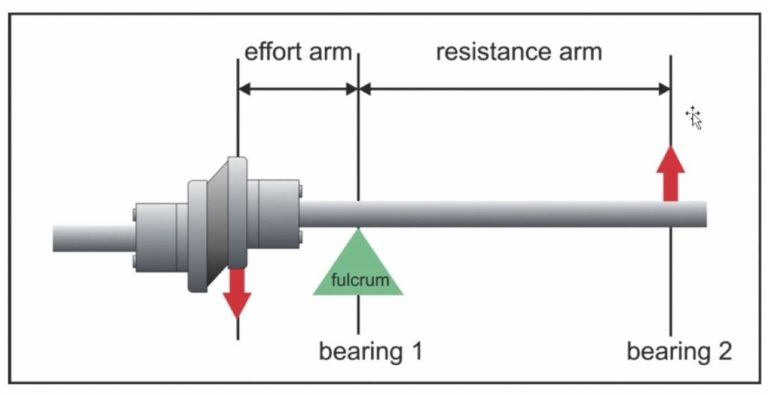The primary effect is that the sealing faces may begin to contact each other and cause wear. Depending on the severity of the misalignment, this could be catastrophic to your seal and pump. These seals, unless split seals are used, require a virtual pump rebuild to change, not to mention the cost. To illustrate the cost of these failures to our mechanics, we used a benchmark of $1500 per inch of shaft diameter as a replacement cost if one of these seals failed. Not including downtime or labor costs.
Chesterton and John Crane are two manufacturers with great information on seals of all types. I would suggest checking out their resources for additional information.






